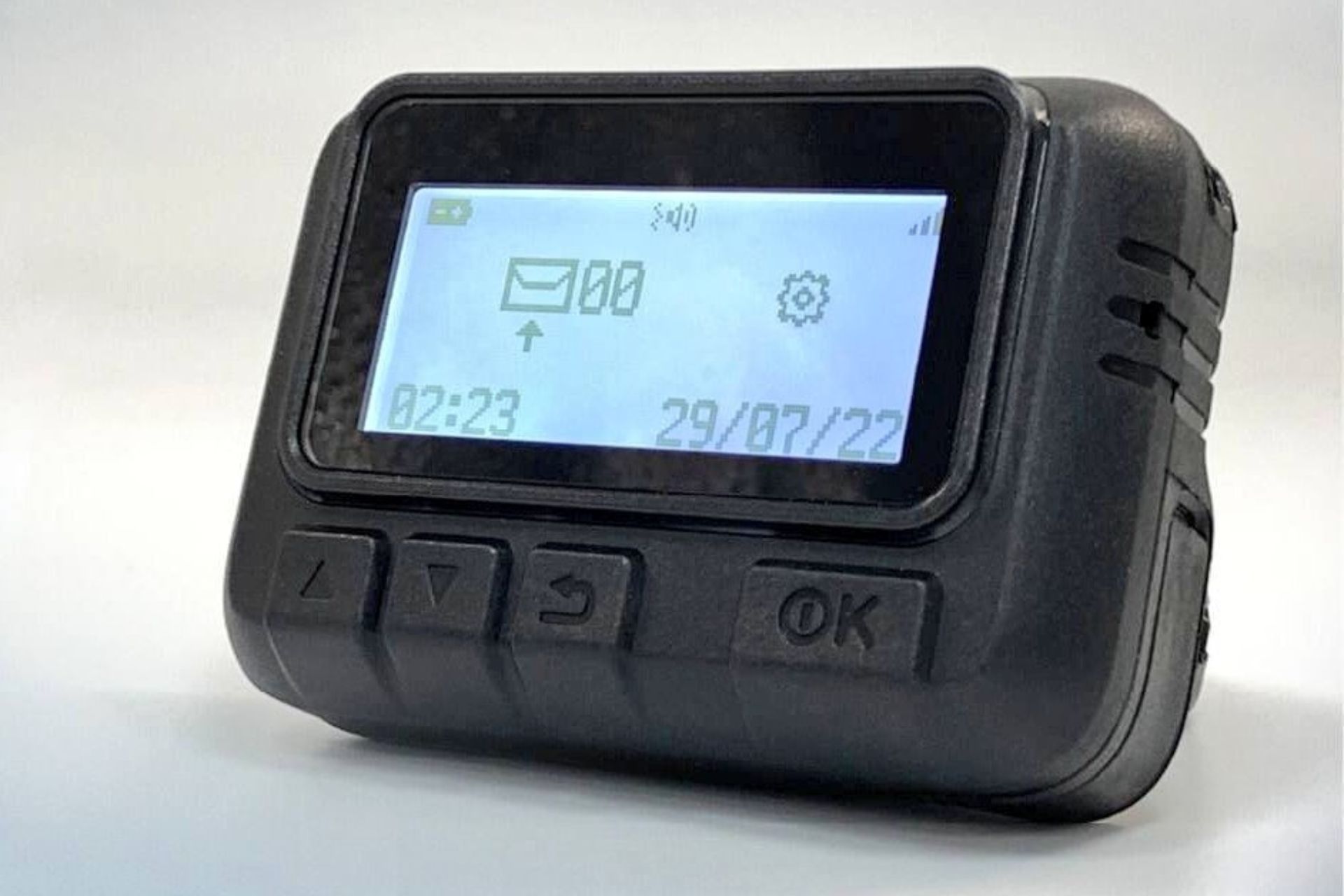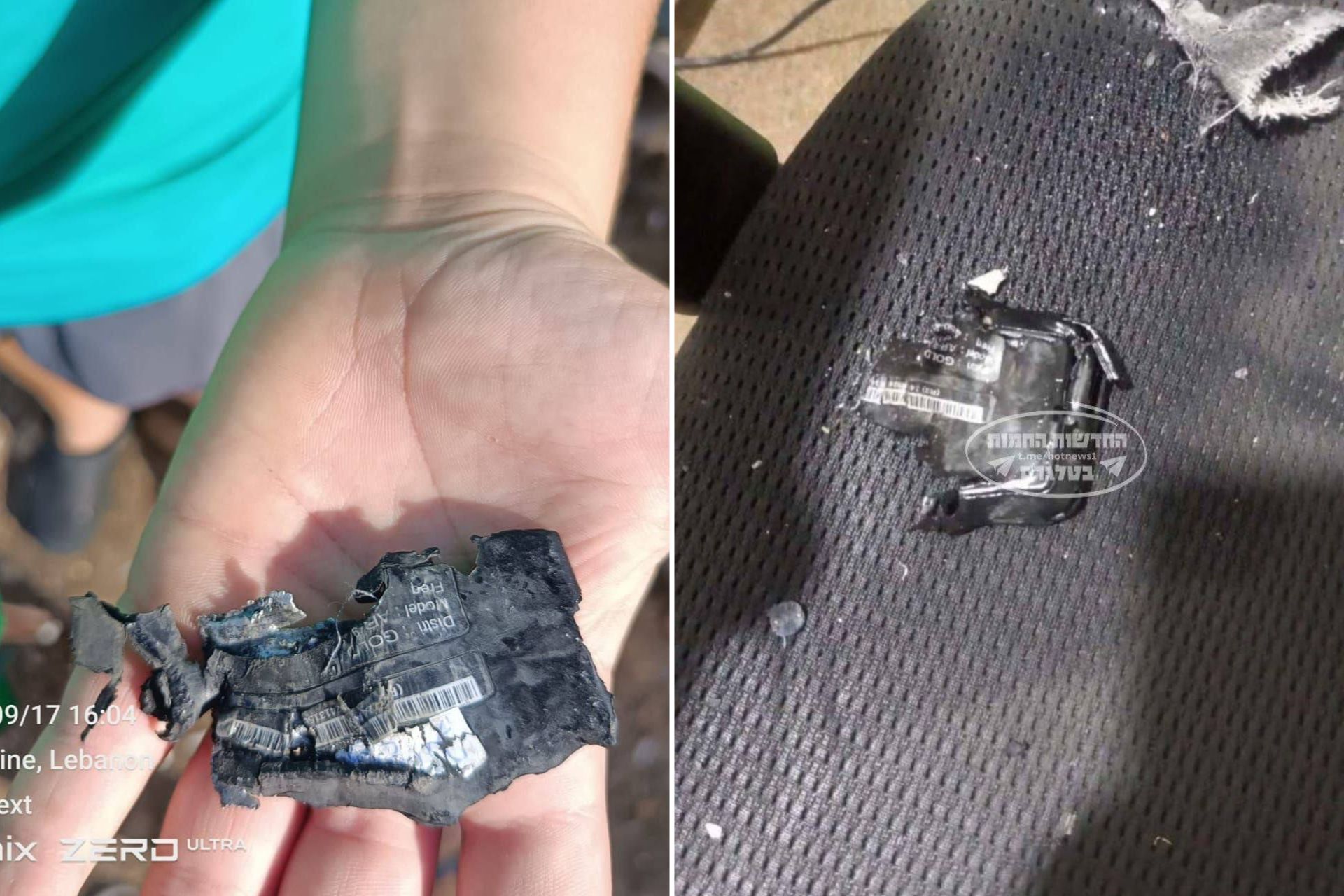Breaking News
Explosive Pagers Reveal Major Security Breach Within Hezbollah.
On September 17, 2024, Lebanon was shaken by a wave of nearly simultaneous explosions affecting hundreds of Hezbollah members, the Iran-linked Shiite militia. These explosions originated from pagers, which the organization used to avoid electronic surveillance and cyberattacks. According to several sources contacted by Reuters, the pagers had been intercepted by Israel after their purchase in Taiwan, allowing small explosive charges to be installed within them.
Follow Army Recognition on Google News at this link

The pagers that exploded were Gold Apollo AR-924 type made in Taiwan. (Picture source: Gold Apollo)
Hezbollah had adopted these pagers, also known as “beepers,” for security reasons. These devices operate via radiomessaging, using the POCSAG radio transmission protocol, which provides a broader coverage—an important asset in Lebanon. The most commonly used model was the Rugged Pager AR924, produced by Taiwanese company Apollo Gold.
This robust device offers a battery life of up to 85 days, thanks to its lithium battery. Despite these precautions, the pager explosions have exposed vulnerabilities within Hezbollah’s security apparatus.
The explosions quickly sparked speculation. The Lebanese Ministry of Health advised pager holders to distance themselves from these devices immediately, and hospitals were placed on high alert to handle the influx of casualties. According to Lebanese security sources, Israel is suspected to be behind this incident. It is alleged that the pagers used by Hezbollah had been modified during production by the Mossad, Israel’s intelligence agency. Explosives were reportedly concealed in the devices and remotely activated by a code. This operation is believed to have been planned over several months, indicating a deep infiltration of Hezbollah’s security network.
Reuters reported that the 5,000 pagers imported by Hezbollah originated from the Taiwanese company Gold Apollo. However, the company clarified that these pagers were not its direct products but were manufactured by a European firm called BAC, which holds a license to use its brand. Lebanese security sources claim that the Mossad inserted a small explosive circuit into the pagers, undetectable by standard inspection methods. Approximately 3,000 of these devices exploded simultaneously, causing serious injuries to their users.

Lebanese security sources claim that the Mossad inserted a small explosive circuit into the pagers, undetectable by standard inspection methods (Picture source: X Channel Jason Brodsky)
Hezbollah described this incident as "the greatest security breach" it has faced in recent years. Lebanese authorities immediately accused Israel of being responsible for this "criminal aggression," which resulted in numerous casualties, including civilians. In a statement, Hezbollah vowed retaliation while reiterating its support for the Palestinian cause, particularly in Gaza.
This operation has highlighted Israel's ability to infiltrate Hezbollah, marking one of the most significant counterintelligence failures for the Shiite militia in decades. Already high tensions between Israel and Hezbollah have been further exacerbated, with regular exchanges of fire occurring along the Israeli-Lebanese border since the start of the Gaza conflict. However, experts believe these explosions do not necessarily signal an imminent Israeli ground offensive, but they do underline the extent of Israel's infiltration and intelligence capabilities.
This incident underscores a new reality in modern cyber warfare, where everyday electronic devices with wireless connectivity can potentially become deadly weapons. It also highlights the vulnerabilities of hardware supply chains, a recurring issue in international security.


























